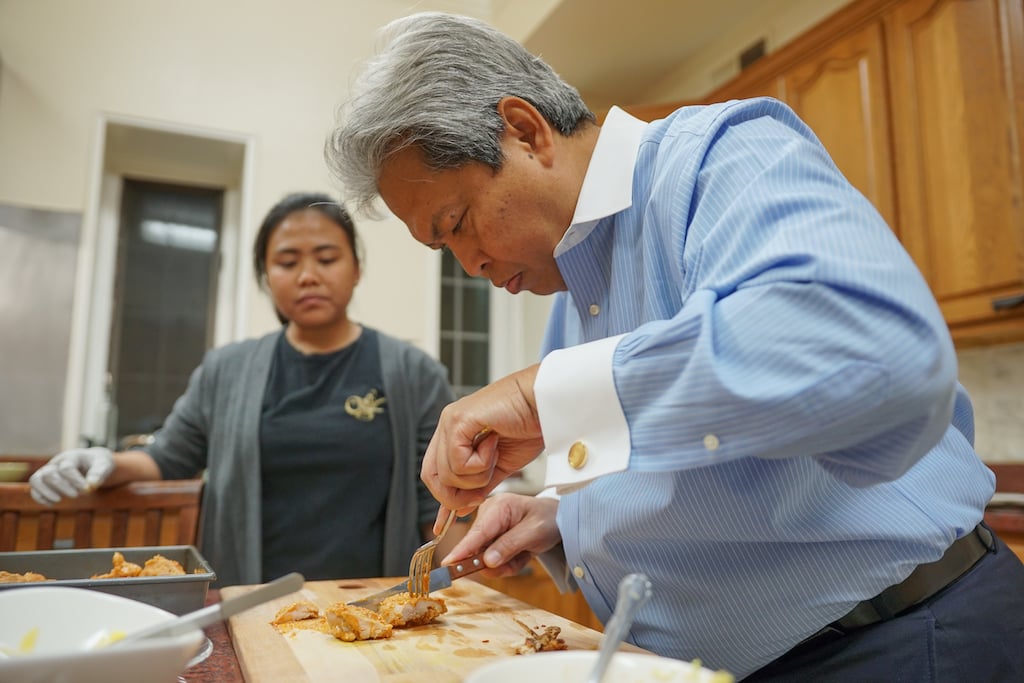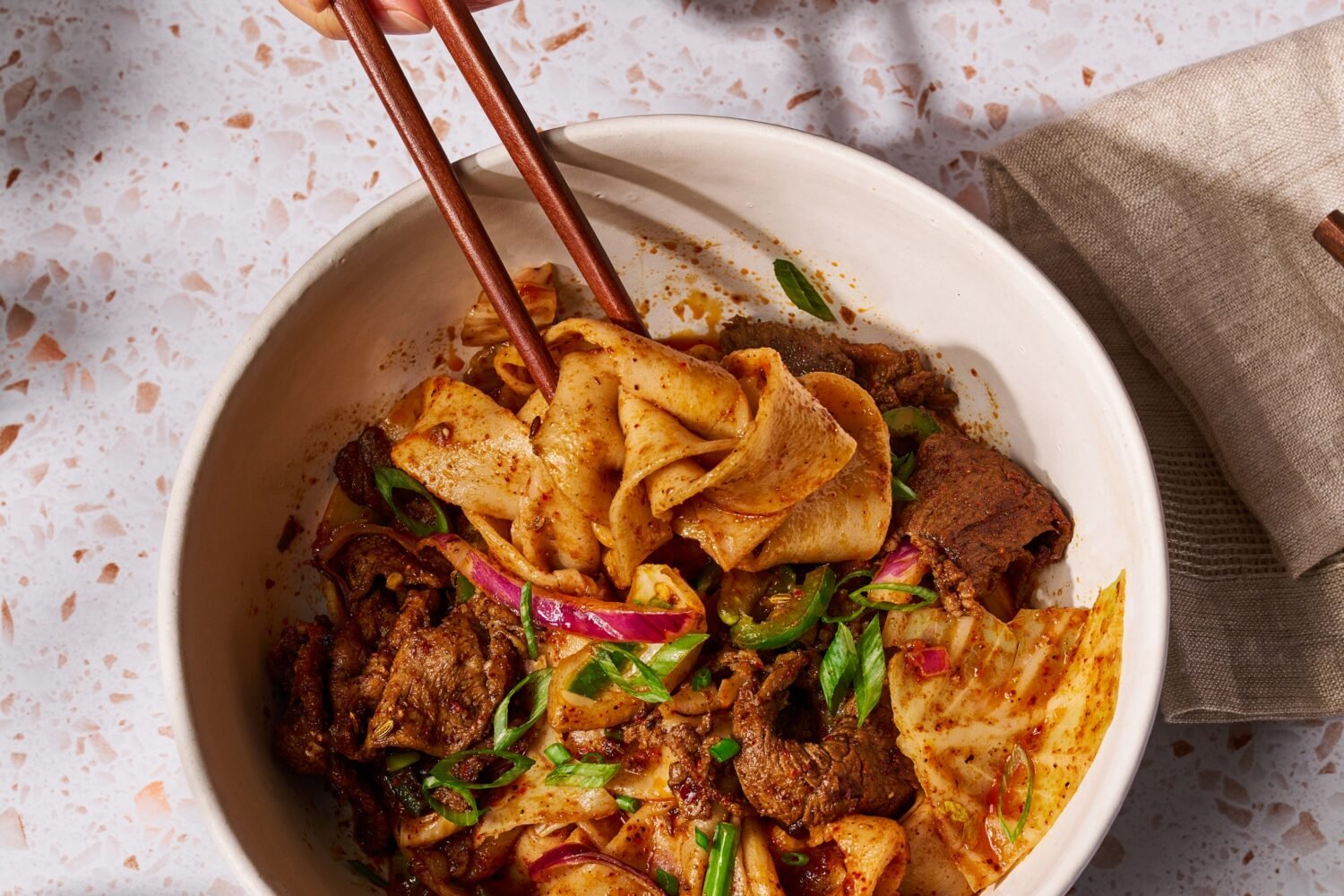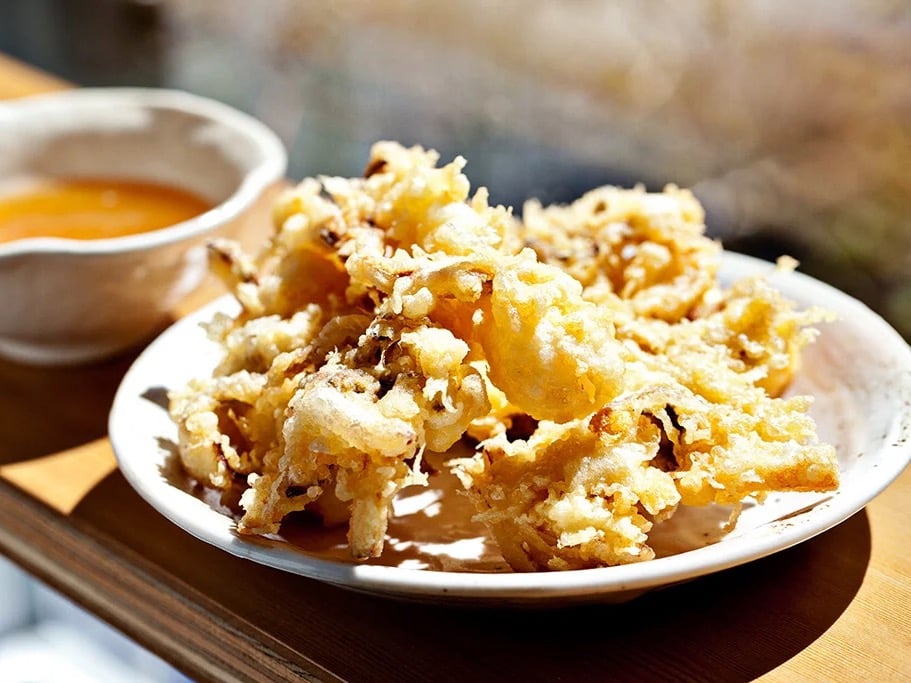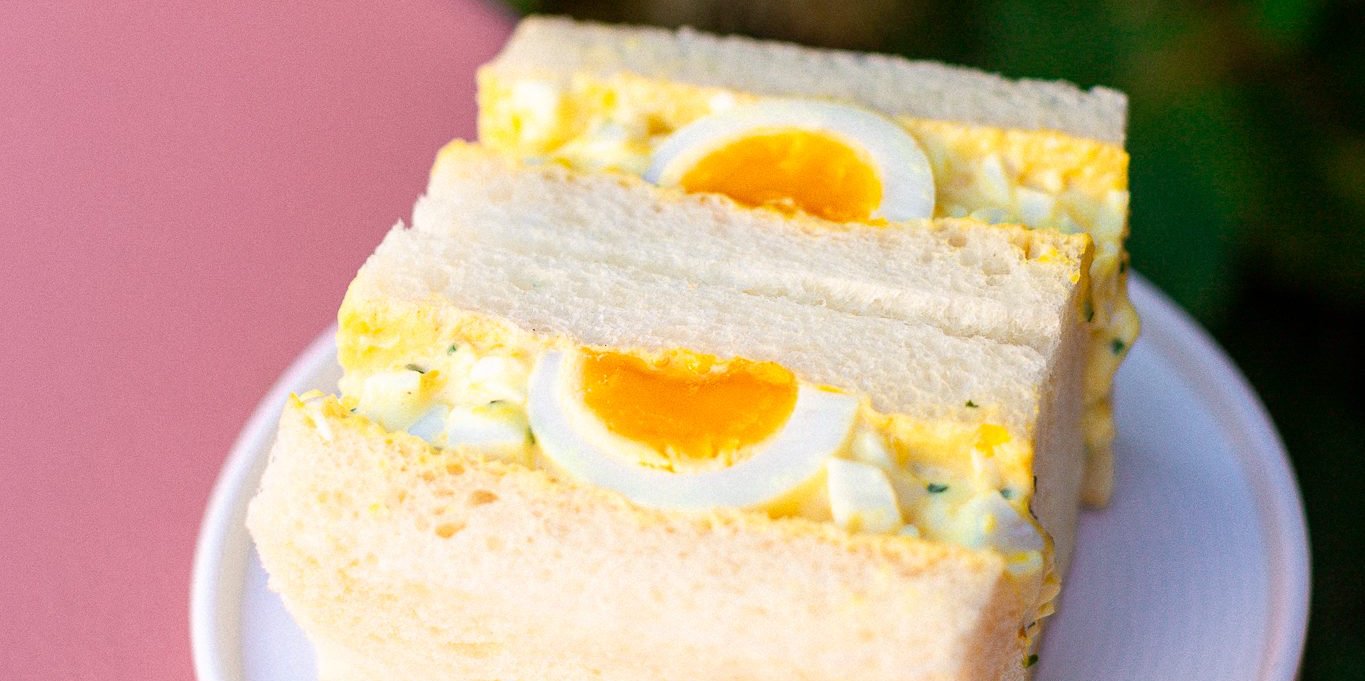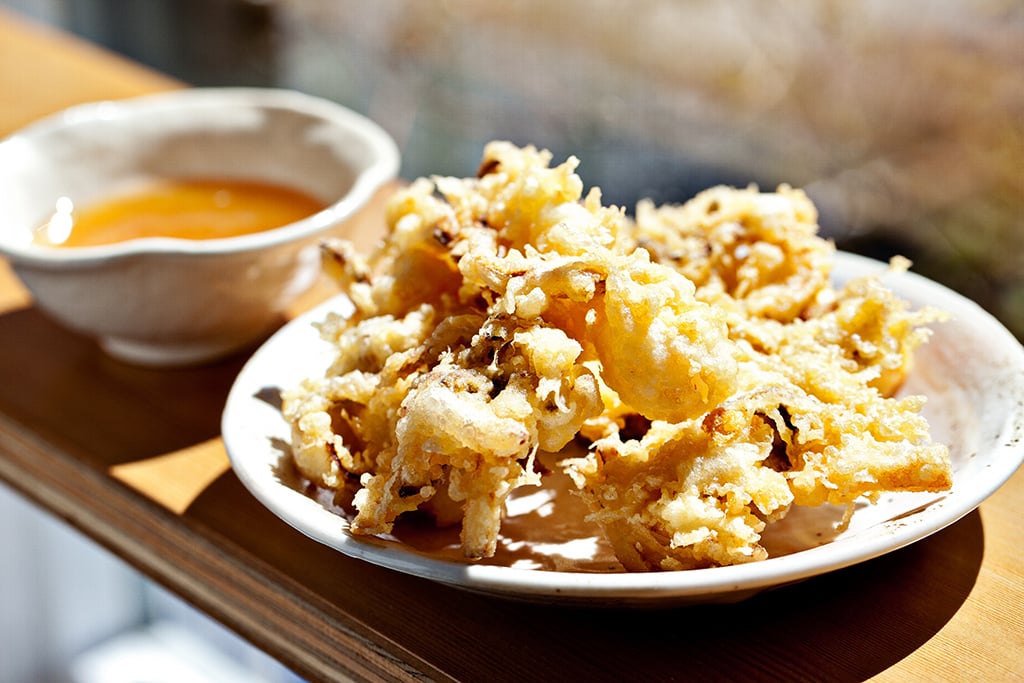Every so often, we’ll take a peek into the culinary lives of DC’s international ambassadors. They’re a unique lot, given that they entertain extensively, see food as a key part of diplomacy, and employ resident chefs. But where do they eat on their off time? And where do they seek out flavors of home?
Who: His Excellency Budi Bowoleksono, Ambassador of Indonesia.
How long he’s lived in Washington: Since May of 2014.
Fun Fact: The Ambassador doesn’t leave home without chili paste, or sambal. He brings it in his briefcase wherever he travels.
What do you think about the Washington food scene?
“It is getting better and better. Izakaya Seki is one of my family’s favorite places in town. The best kebab in the DC area is Kabob Palace in Arlington and it is open 24 hours. If I am going out for American food then it is definitely a steakhouse. And, the best Indonesian restaurant in DC is my dining room—but if you’re not here, then there are great food trucks around town.”
What is your favorite cuisine when you’re not eating Indonesian food?
“I am open to everything—I love Texan barbecue.”
You’re a cook yourself. How did you learn?
“I started cooking when I was in University. I had a tough life. I worked in the morning before University and then in the evening after my classes at the local newspaper. I came home every day at 1 AM—and there was either no food or it was cold. So I started to get creative with eggs. From there, my tastes started to develop and I would ask my mother how to prepare different dishes.
I love going to the market myself and getting inspiration. Cooking is just like painting – sometimes you want to change the basic recipe and develop your own. I often join my team at the Embassy to test new recipes. I think of my kitchen as a laboratory. I have perfected my own version of a spicy Chinese-style chili crab.”
What’s the most challenging meal you have prepared?
“Most Indonesian dishes are very challenging. We have a well-known dish called rendang—caramelized beef curry. It takes an entire day to prepare and we use so many different types of herbs. You have to slow-cook it and stir it constantly for eight hours. The main herbs are chili, shallot, ginger, galangal, turmeric, turmeric leaves, lemongrass, lime leaves. My mother taught me how to make this dish and I have to admit the first time I made it it was not a success. Every year during Eid al-Fitr [the end of Ramadan] the kitchen here at the residence makes enough rendang for up to 3,000 Indonesians who visit from all over the country. Every year they come here and say ‘where is my rendang?’ Last year, our kitchen made 350 kilos, which included 1,500 boiled and peeled eggs and ingredients imported from back home.
What is most special about Indonesian cuisine?
“Indonesian cuisine is not only about food—it is a piece of our culture. It represents the diversity, the richness, and uniqueness of Indonesia. The country has more than 17,000 islands and from region to region the types of herbs used in cooking is different, as is the way food is processed and cooked. If you want to know Indonesia, you need to know our food.”
Parita Shah covers food and international affairs. Follow her on Twitter at @parita310.

